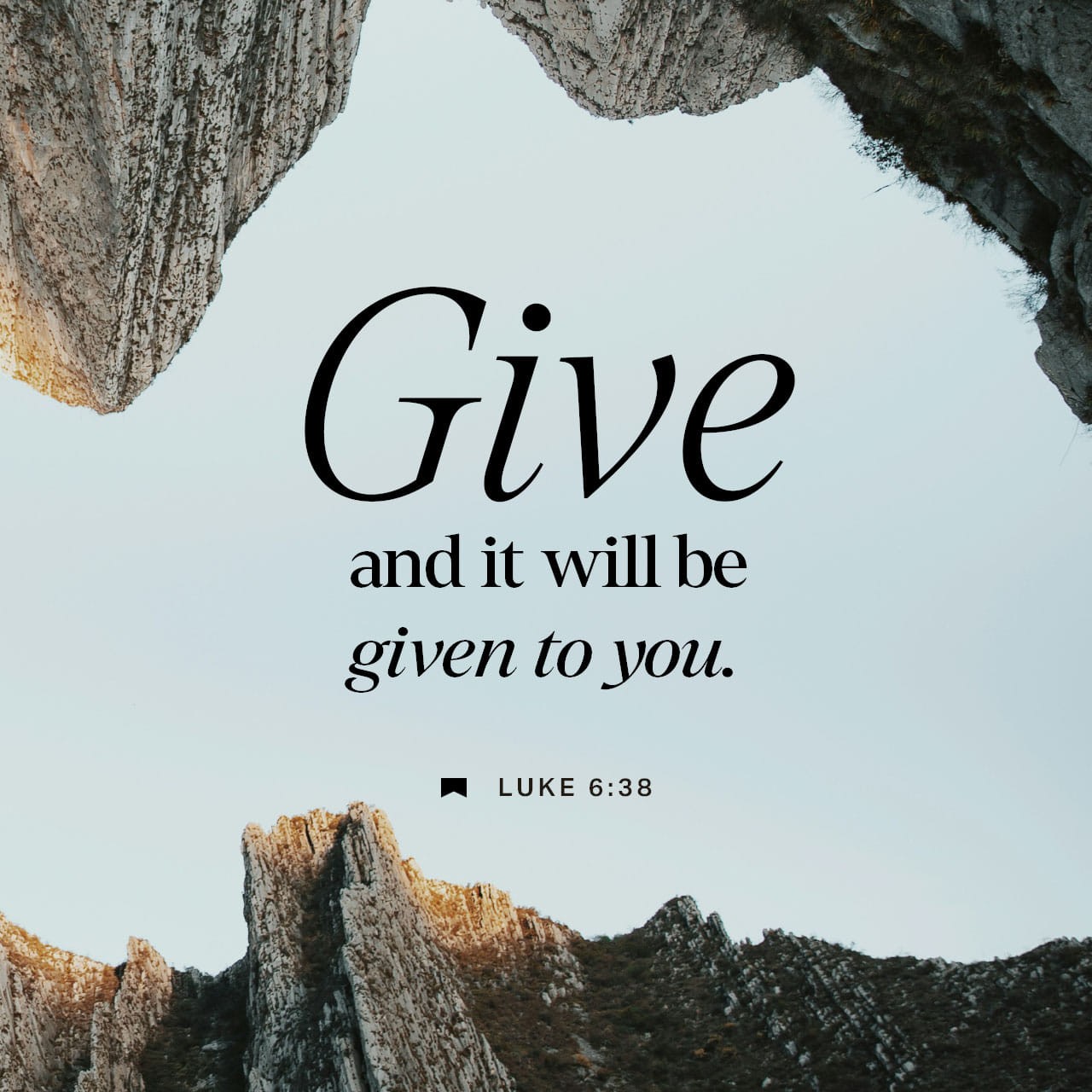MONDAY, OCTOBER 13, 2025
The Serpent in the Cup: Understanding Alcohol’s Bite and Finding Spiritual Freedom
MESSAGE: THE DANGERS OF STRONG DRINK
The Christian life is a public testimony, a vibrant display of the inner reality of salvation. As our hymn beautifully states, our “lips and lives” must “express the Holy gospel we profess.” This gospel demands discipline, self-control, and the denial of appetites that jeopardize our witness. Among the most destructive appetites that threaten to shipwreck faith, health, and testimony is the craving for strong drink.
The Bible does not approach the subject of alcohol casually; it issues a grave, timeless warning about its true nature and ultimate consequences. The wisdom literature, specifically the Book of Proverbs, strips away the temporary allure and exposes the bitter, poisonous end of intoxication.
Our MEMORY VERSE serves as the central caution: “Do not gaze at wine when it is red, when it sparkles in the cup, when it goes down smoothly! In the end it bites like snake and poisons like a viper” (Proverbs 23:31-32, NIV). The pleasure is momentary, but the bite is fatal.
1. The Woeful Cost of Lingering over Wine
The passage in Proverbs 23:29-35 begins not with a prohibition, but with a series of sharp, rhetorical questions designed to force a confrontation with reality:
“Who has woe? Who has sorrow? Who has strife? Who has complaints? Who has needless bruises? Who has bloodshot eyes?” (v. 29)
The answers are provided instantly: “Those who linger over wine, who go to sample bowls of mixed wine” (v. 30). The text directly links the consumption of strong, intoxicating drink to an array of unavoidable negative consequences.
A. Physical and Emotional Toll (Woe, Sorrow, Bruises, Bloodshot Eyes)
The excessive consumer of alcohol is depicted as a person constantly plagued by suffering:
Woe and Sorrow: These are the emotional weights resulting from actions taken while impaired—broken relationships, lost opportunities, and persistent guilt.
Strife and Complaints: Intoxication fuels irritability and aggression, leading the drinker to pick quarrels, fight, and become a chronic source of conflict.
Needless Bruises: These are the physical signs of impaired judgment, poor coordination, and brawling. The body of the drunkard is often abused and injured unnecessarily.
Bloodshot Eyes: A literal sign of physical damage and overuse, a visible mark of the addiction.
The sight of someone who drinks too much strong wine can be truly unpleasant because it is the outward manifestation of an inward collapse of self-control and dignity.
B. The Deception of the Drink (The Snake’s Bite)
The writer warns against being seduced by the appearance and ease of the drink: “Do not gaze at wine when it is red, when it sparkles in the cup, when it goes down smoothly!” (v. 31).
The appeal is sensory—the color, the sparkle, the smooth taste. This is the deception. The drink promises pleasure, relaxation, and escape, but it delivers the opposite. The text uses a powerful, visceral metaphor for the eventual outcome: “In the end it bites like a snake and poisons like a viper” (v. 32).
The effects of alcohol are not only destructive to the health of the consumers but are fundamentally deceptive (vv. 32-34):
- The Bite: The immediate, intoxicating effect is pleasant, but the “bite” is the inevitable consequence: addiction, disease, financial ruin, and moral compromise.
- The Poison: The poison is the long-term, systemic destruction of the consumer’s health, mind, and spirit.
2. The Mind and Spirit Under the Influence
The most devastating effects of strong drink are seen not on the skin, but in the mind and the spirit. The text details the resulting mental and psychological impairment:
A. Distorted Perception and Confusion (Verse 33)
“Your eyes will see strange sights, and your mind will imagine confusing things.”
Alcohol attacks the ability to perceive reality accurately.
Seeing Strange Sights: This speaks to hallucinations or simply perceiving reality incorrectly (e.g., misjudging distance, speed, or threat).
Imagining Confusing Things: The mind loses its grip on logic and reason. Worries become magnified, irrational fears take root, and the drinker loses the capacity for clear judgment and decision-making.
B. Reckless Insensitivity and Spiritual Drifting (Verse 34)
“You will be like one sleeping on the high seas, lying on top of the rigging.”
This is an image of profound recklessness and danger. Imagine sleeping high on the mast of a ship in a storm—total exposure, total vulnerability, and total unawareness of the surrounding peril.
Insensitivity to Danger: The intoxicated person is momentarily insensitive to pain and threat, but this is a false peace. They are highly vulnerable to accidents, exploitation, and mortal peril.
Spiritual Drifting: This state symbolizes a life adrift without an anchor or a rudder, exposed to the waves of temptation and the winds of deceit, yet too spiritually numb to notice the danger.
C. The Cycle of Addiction (Verse 35)
The final verses capture the tragic, circular logic of addiction:
“They hit me,” you will say, “but I’m not hurt! They beat me, but I don’t feel it! When will I wake up so I can find another drink?”
The drinker is beaten, injured, and humiliated, yet remains insensitive to the pain and suffering—both physical and relational—that their behavior has caused. The only question in their mind is not how to change, but “When will I wake up so I can find another drink?” This demonstrates that the end of every drunkard is a state of bondage and destruction, where the intoxicating substance becomes the primary object of desire, superseding health, family, and God.
3. The Divine Alternative: The Fullness of the Spirit
The New Testament provides the ultimate contrast to the danger of strong drink. Believers are called to a higher influence and a superior form of intoxication—the Holy Spirit.
The apostle Paul commands: “Do not get drunk on wine, which leads to debauchery. Instead, be filled with the Spirit” (Ephesians 5:18, NIV).
The Problem with Wine: Wine leads to debauchery (a wasteful, morally reckless life). It empties a person of their reason and self-control.
The Power of the Spirit: The Holy Spirit, however, fills the believer, leading to self-control, joy, peace, and love (Galatians 5:22-23). Believers should operate under the divine influence of the Holy Spirit, not become slaves to alcohol.
The choice is stark: be controlled by a substance that produces woe and sorrow, or be controlled by the Spirit of God who produces the fruit of a righteous life. The Christian must not desire any fermented wine which intoxicates and causes additional pain and frustration; rather, they must desire the fullness of the Spirit.
Conclusion and Call to Freedom
The Dangers of Strong Drink are clear: it is an enemy of good health, sound mind, and a vibrant spiritual testimony. Do not be deceived by friends who are given to strong drink, because it will end in destruction.
If you are already struggling with the addiction of strong drink, this is not a time for condemnation, but for divine intervention. You are not too far gone for the Lord to reach and deliver you.
PONDER: How can we, as a church body, effectively help those who are addicted to strong drink? It requires compassion, non-judgmental support, and firm accountability, all rooted in the power of Christ.
PRACTISE: Today, seek out and encourage someone addicted to strong drink. Share the hope that is found in Christ for total deliverance and the strength to say no to it from this day forward.
PRAY: Lord, deliver anyone around me, in my family, or in my congregation who is under the influence and bondage of alcohol. Break the chains of addiction by the power of Your Spirit, in Jesus’ name.
The Lord is mighty to save, mighty to heal, and mighty to deliver. The end of a life governed by the Holy Spirit is life everlasting; the end of the drunkard is destruction. Choose the Spirit, and choose life.
RBT: MARK 1-3
Prayer for Ordained Ministers and Members of their Churches:
Lord, we pray for these Your servants and their flocks: Kayode Oyedemi (Ibadan), Sunday Joseph O. (Ibadan), Dave Erebo (Jesse), Olatunji E. O. (Lagos), Simeon A. Dairo (Osun), Okpako A. Francis (Erhuwaren), Aderounmu D. Adeola (Lagos), Tayo Adeyanju (Ogbomoso), Dan Zaria Sa ‘idu (Kaduna), Alawode D.A. (Lagos), Oladejo Samuel A. (Lagos), Fodeke Adedeji O. (Ogbomoso), Aina O. Samuel (Lagos), Sam O. Kennedy (Igbanke). Grant them the wisdom to lead by example, the courage to address sensitive issues like addiction, and the divine grace to minister healing and deliverance to all those in bondage. Let their ministries be filled with the Holy Spirit and shielded from the enemy’s influence, in Jesus’ mighty name.
Prayer of Faith for Favor:
Lord, I declare that every person and every force working against me will begin to work in my favour, fulfilling Your perfect purpose for my life, in Jesus’ name.






